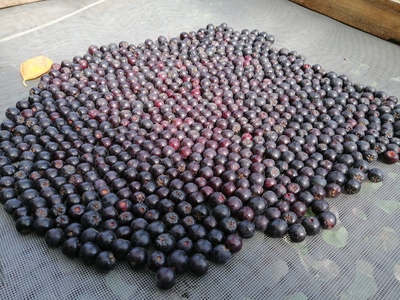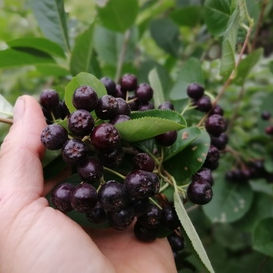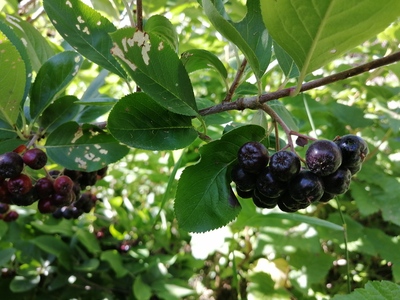Aronia Melanocarpa Seeds

Common name
Black Chokeberry
Botanical name
Aronia Melanocarpa
Details
Most commonly found in wet woods and swamps, however it grows and fruits acceptably in an elevated location in North Canterbury. Seeds from bushes planted in 2016
Edible
Fruit / berries
Perennial
Price
$4.90
20 seeds

